Chip training the hot new trend for 2024
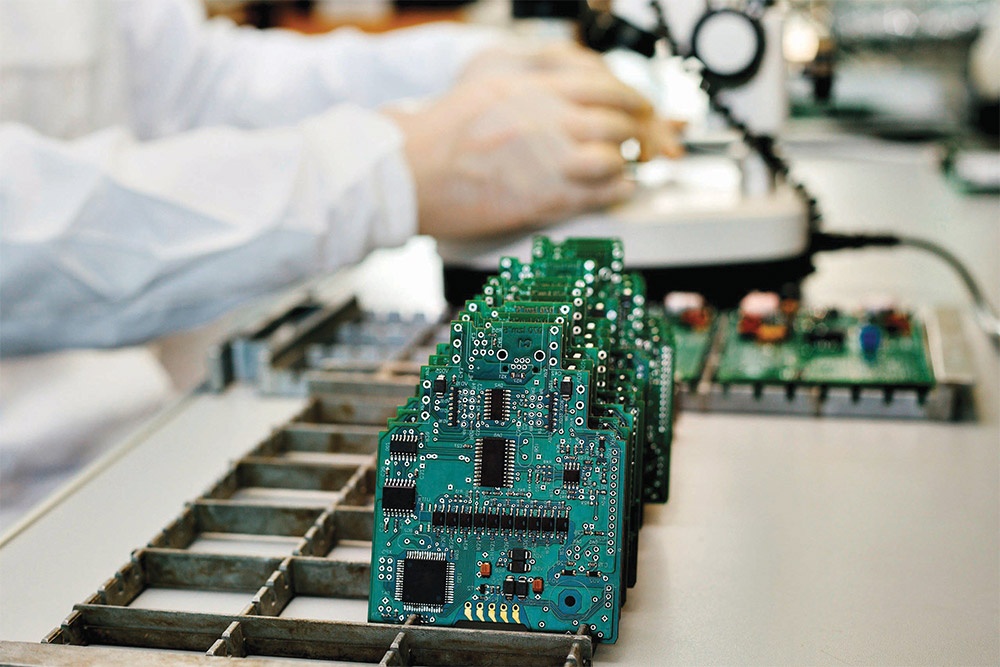 |
| A range of institutions have the means to help train up a new cohort of semiconductor experts |
During a visit to FPT Corporation earlier in February, Minister of Information and Communications Nguyen Manh Hung evaluated this business’s bet on semiconductor chips as the right choice.
“FPT’s success could inspire other domestic technology businesses because the semiconductor industry would be a key industry for Vietnam in the next 30-50 years,” Hung said.
FPT was the first Vietnamese company to commercialise this product, with an order to supply 70 million chips to South Korea and Japan.
“Vietnamese people are very talented in maths, engineering, technology and science, which are all basic elements in chip making,” added Hung. “From human resource advantages, other advantages will be created.”
According to the country’s national strategy for the industry, human resources play an important role with the need to train up to 50,000 integrated circuit design engineers and hundreds of thousands of engineers and technical workers in related industries by 2030.
However, Vietnam currently only has fewer than 5,600 chip design engineers, 85 per cent of which are concentrated in Ho Chi Minh City and the others in Hanoi and the central city of Danang, according to the National Agency for Science and Technology Information.
The scarcity of human resources in the industry has opened opportunities for training institutions, especially technology and engineering schools, to quickly participate in the race to the industry with qualified employees.
Ho Chi Minh City National University this year will deploy training in semiconductor circuit design at three affiliated training units: VNU University of Science, Hanoi University of Science and Technology, and University of Engineering and Technology.
Schools under the University of Danang will also enrol nearly 200 students for semiconductor circuit design training in 2024.
Many other training institutions have also announced plans to enrol students in the circuit design major, including Hanoi University of Science and Technology, Can Tho University, Industrial University of Ho Chi Minh City, and Ho Chi Minh City University of Technology.
At the end of January, the University of Technology at Hanoi National University and Samsung Electronics Co., Ltd. signed a cooperation agreement to organise a VNU-Samsung Tech Track programme with the goal of training high-quality, qualified human resources in semiconductors and microchips in Vietnam.
The scheme has already enrolled students, with all training costs sponsored by Samsung Electronics, and direct work opportunities for Samsung Group after graduating could be attained for excellent performances.
According to the Ministry of Education and Training (MoET), there are currently 35 higher education institutions in Vietnam which are directly training in semiconductors or related industries such as IT, electronics, and telecommunications.
Assoc. Prof. Nguyen Thu Thuy, director of the Higher Education Department under the MoET, said about 50 large foreign-led enterprises have invested in Vietnam’s chip industry.
“It is expected that in the 2024 school year, schools will enrol more than 1,000 students in courses related to semiconductors and 7,000 students in other fields related to this industry. Enrolment targets will gradually increase by 20-30 per cent each year,” Thuy said.
It is forecast that the demand for human resources in the semiconductor chip industry will be about 20,000 people in the next five years, and this number could reach 50,000 people in 10 years.
| Pham Minh Chinh, Prime Minister
Vietnam identifies the semiconductor industry as a new driver for development and plans to pour money into all stages of the semiconductor value chain, from designing and manufacturing to packaging. To advance in the aforementioned areas, Vietnam will continue emphasising three strategic breakthroughs, namely infrastructure strategy reducing logistics and input costs, as well as enhancing product competitiveness, high-quality workforce training system, and institutional framework refinement to reduce compliance charge for businesses and citizens. Simultaneously, Vietnam clearly outlines its vision and spares no expense in pursuing the semiconductor industry, and building an ecosystem for the field. Vietnam will soon release the development strategy on semiconductors and the training of 50,000 engineers in the sector, aiming to promote collaboration between domestic and foreign enterprises, alongside facilitating the improvement of the quality of the labourers and the capacity of Vietnamese businesses. Nguyen Manh Hung, Minister of Information and Communications
This is the first year of a decades-long campaign targeting the transformation of the semiconductor industry into a critical national industry. Our fundamental advantage lies in the fact that Vietnamese people are skilled in science, technology, engineering, and mathematics, which form the foundation of semiconductor technology and chip design. Human resources prowess will lead to various other positive outcomes. From being a global semiconductor workforce hub, we can evolve into a global semiconductor industry hub. When developing the semiconductor industry, we should look at the bigger picture. The semiconductor chip design market, the semiconductor industry, or even the electronic industry are valued at only $60 billion, $600 billion, and over $3 trillion, respectively. However, the digital transformation industry is worth $20 trillion. The semiconductor industry is also at the core of digital transformation. Digitalisation is the largest market for semiconductor chips. Vietnam is a sizable market currently undergoing rapid development in terms of industrialisation and digital transformation, resulting in a high prevalence of electronic consumption, which provides a favourable backdrop for the industry. Nguyen Kim Son, Minister of Education and Training
Vietnam possesses a robust student population, with nearly 500,000 individuals enrolling in universities each year. Vietnamese universities excel in IT education, with high-quality training. Many graduates in this field are employed by companies and organisations worldwide. In 2024, numerous universities are expected to admit around 1,000 students, with the figure projected to soar in the coming years. Vietnamese universities are actively engaging in research and education in association with AI. While direct and comprehensive semiconductor microchip training programmes and degrees are still limited, many subfields are flourishing. Meanwhile, universities are urgently developing programmes, training faculty, and inviting international experts to organise training sessions. International collaboration, and support from businesses are anticipated to accelerate the progress of semiconductor microchip education, as well as various other cutting-edge industries. Vietnam is now getting ready to meet the significant demand for high-quality talent, catering to technology companies investing up and down the country. |
| Vietnam to become crucial link in global semiconductor value chain: Minister Vietnam will become a reliable partner and a crucial link in the global semiconductor value chain in the foreseeable future, Minister of Planning and Investment Nguyen Chi Dung told Vietnam News Agency in a recent interview. |
 | Vietnam proposes enhanced semiconductor cooperation with US industry leaders Vietnam's Minister of Industry and Trade Nguyen Hong Dien has proposed a range of initiatives to enhance cooperation in the semiconductor sector during discussions with John Neuffer, vice president of the US Semiconductor Industry Association (SIA). |
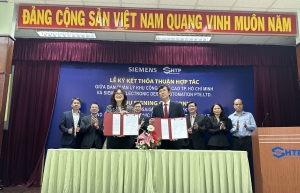 | Siemens to train human resources for Vietnam's chip and semiconductor industry Saigon High-Tech Park (SHTP) and Siemens Electronic Design Automation (Siemens EDA) signed a cooperation agreement on February 27 to train human resources in the semiconductor chip industry in Vietnam. |
What the stars mean:
★ Poor ★ ★ Promising ★★★ Good ★★★★ Very good ★★★★★ Exceptional
Related Contents
Latest News
More News
- Hermes joins Long Thanh cargo terminal development (February 04, 2026 | 15:59)
- SCG enhances production and distribution in Vietnam (February 04, 2026 | 08:00)
- UNIVACCO strengthens Asia expansion with Vietnam facility (February 03, 2026 | 08:00)
- Cai Mep Ha Port project wins approval with $1.95bn investment (February 02, 2026 | 16:17)
- Repositioning Vietnam in Asia’s manufacturing race (February 02, 2026 | 16:00)
- Manufacturing growth remains solid in early 2026 (February 02, 2026 | 15:28)
- Navigating venture capital trends across the continent (February 02, 2026 | 14:00)
- Motivations to achieve high growth (February 02, 2026 | 11:00)
- Capacity and regulations among British areas of expertise in IFCs (February 02, 2026 | 09:09)
- Transition underway in German investment across Vietnam (February 02, 2026 | 08:00)

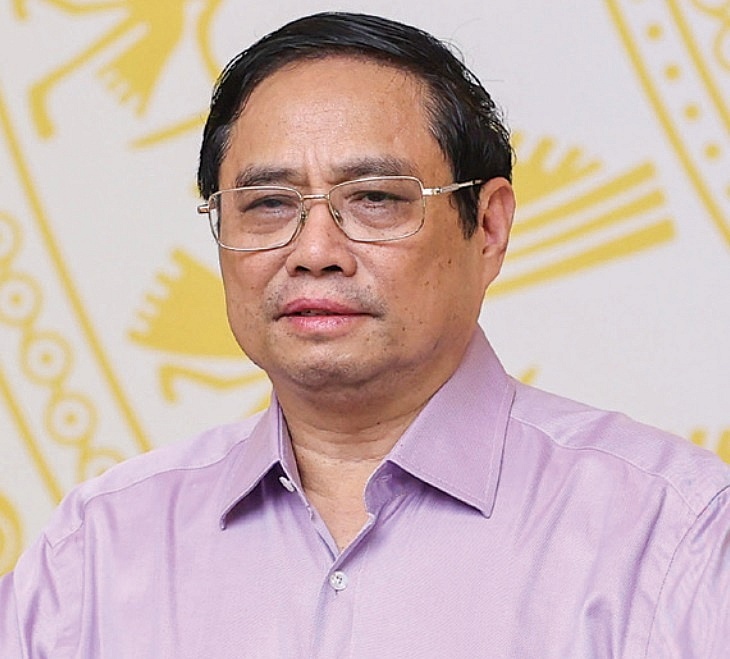
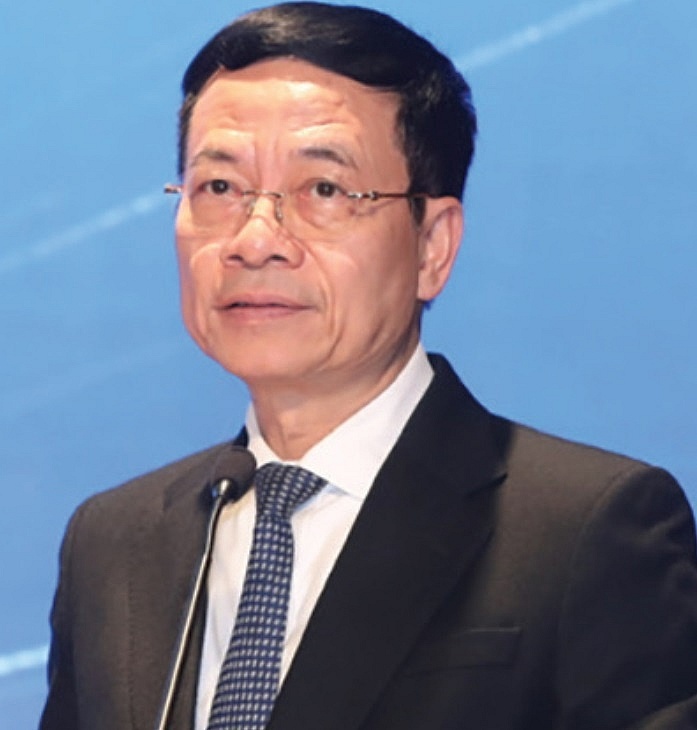
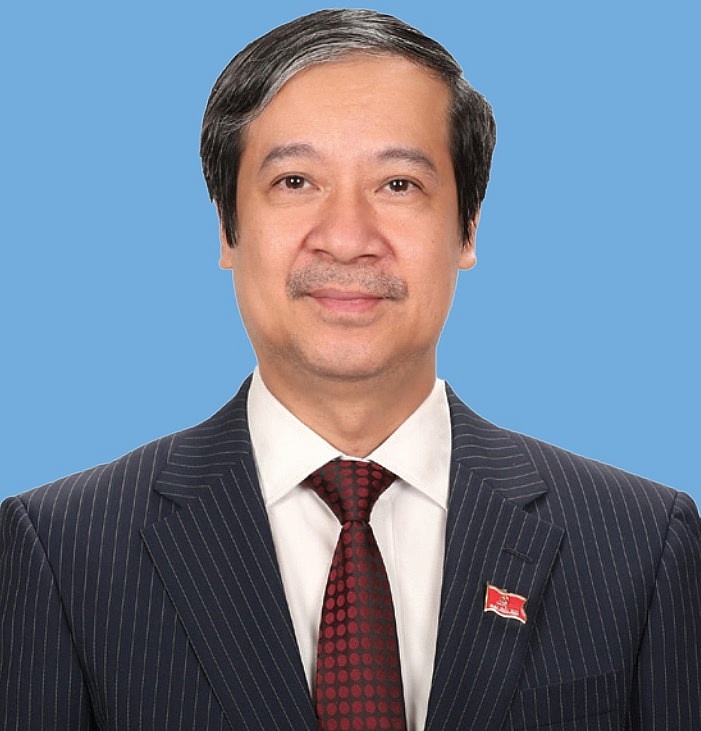
 Tag:
Tag:


















 Mobile Version
Mobile Version